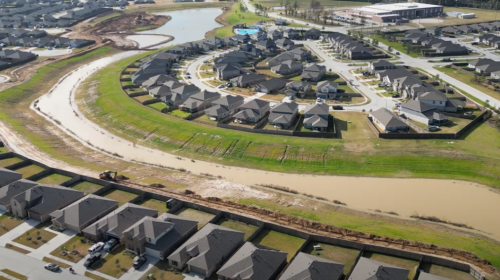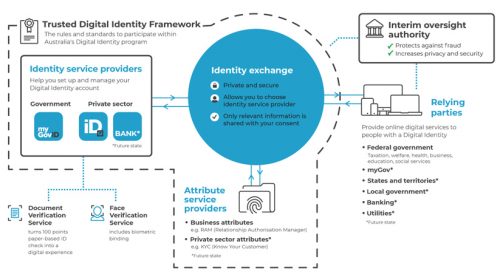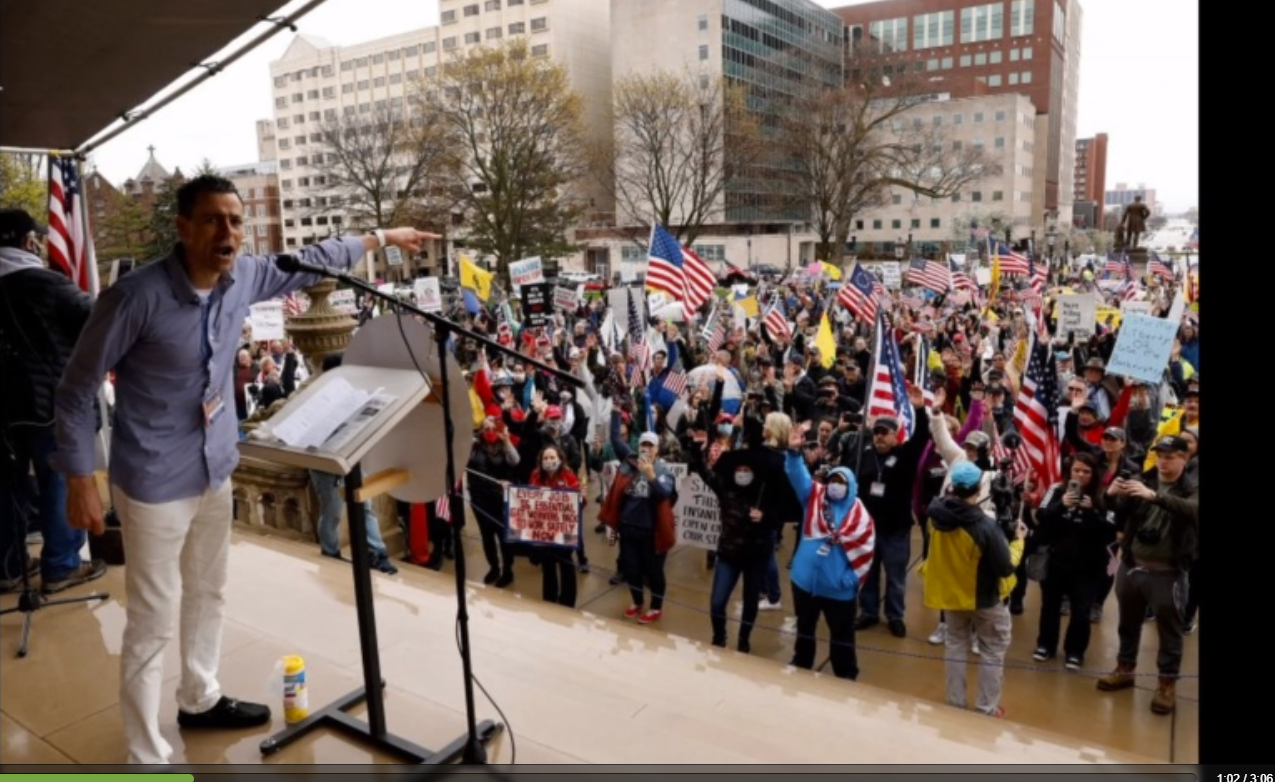Here is more food for thought for those attending the TRUMP FETE https://www.texaspatriotspac.com/trump
Trump has thrived with government’s generosity
The potential presidential candidate and opponent of big government has relied on tax breaks and federal funding to build his real estate empire.
In his disdain of big government, however, Trump glances over an expensive irony: He built his empire in part through government largesse and connections.
From his first high-profile project in New York City in the 1970s to his recent campaigns to reduce taxes on property he owns around the country, Trump has displayed a consistent pattern. He courted public officials, sought their backing for government tax breaks under extraordinarily beneficial terms and fought any resistance to deals he negotiated.
He has boasted of manipulating government agencies, misleading officials in one case into believing he had an exclusive agreement to develop a property and then retroactively changing the development’s accounting practices to shrink his tax bill. In New York, Trump was the first developer to receive a public subsidy for commercial projects under programs initially reserved for improving slum neighborhoods. Such incentives have now become the norm in the powerful New York real estate community.
“It’s extraordinary to me that we elevated someone to this position of public importance who has openly admitted that he has used government’s incompetence as a wedge to increase his private fortune,” she said in a recent interview.
Rep. Jerrold Nadler (D-N.Y.) fought Trump over hundreds of millions of dollars in federal funding that the developer wanted for a luxury apartment complex in Nadler’s district.
“He sought to abuse the taxpayer and stretch the law,” Nadler said. “He said he ought to get a massive government subsidy. I said, ‘Listen, Mr. Trump, if you think this is a good project, you spend the money.’ ”
In a phone interview last week, Trump was unapologetic about pressing for government tax breaks, noting that he had used them not only for his own profit but to spur development in foundering parts of the city.
Referring to how he managed to win a 40-year tax abatement for rebuilding a crumbling hotel at Grand Central Station — a deal that in the first decade cost taxpayers $60 million — Trump said, “Someone said, ‘How come you got 40 years.’ I said, ‘Because I didn’t ask for 50.’ ”
He said his success at manipulating city and state governments was itself an argument for his presidential candidacy.
“When I work for myself, I try to make the maximum profit,” he said. “If I run [for president] and if I win, I will no longer care about myself. I’ll be doing the same kind of things for this country.”
It is difficult to assess how much of Trump’s complex empire has been built with the help of government munificence, since many of his projects remain shielded from view. But even a limited view demonstrates that government programs have bolstered Trump.
He has also curried favor with elected officials through campaign contributions and lucrative job offers. In the last election cycle, Trump contributed to individual campaigns and wrote large checks to political groups, including $170,000 to the Republican Governors Assn., $50,000 to the GOP-supporting American Crossroads PAC and $116,000 to the Democratic Senatorial Campaign Committee, according to the Center for Responsive Politics, a nonpartisan research organization.
His giving has long been carefully targeted. A 1980s study by Newsday found that Trump had donated more than anyone else to members of the New York City Board of Estimate, which at the time approved all land-use development. A recent study by New York’s Public Interest Research Group showed that since 1999, Trump has donated $595,638 to the state’s lawmakers.
Trump’s first major real estate triumph in Manhattan was to buy and transform the Hotel Commodore, a derelict colossus at Grand Central Station. He was 27 when he persuaded the city and a state development corporation to back him in the makeover and enlisted Hyatt to operate the new hotel, which would be called the Grand Hyatt.
Under pressure from Trump, whose father was a longtime political ally of then-Mayor Abe Beame, the city granted the project the 40-year full property tax abatement.









